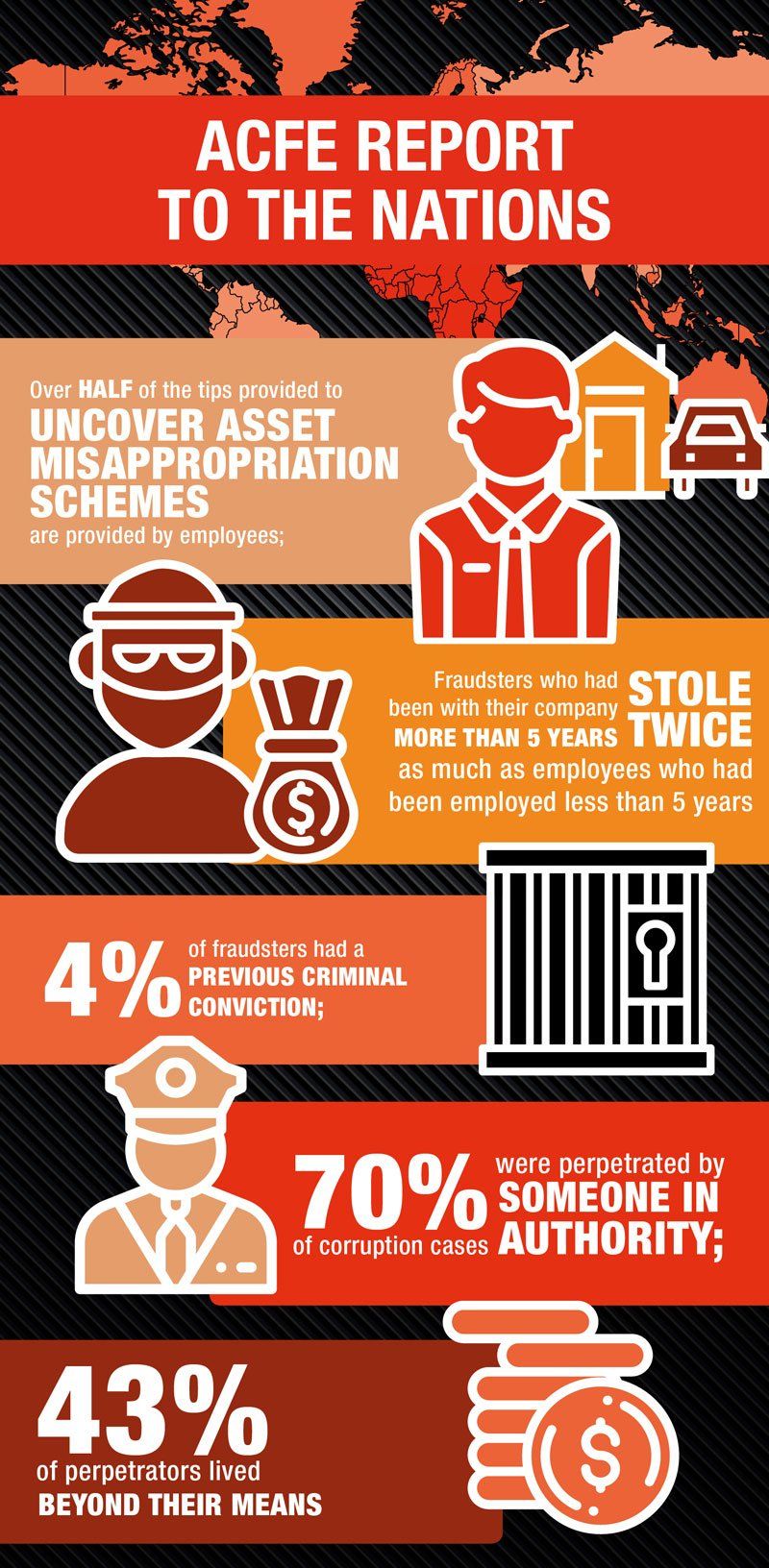South African employee screening trends
Looking at the below information (see infographic) it is essential that small businesses take responsibility for ensuring the people in the business are who they say that they are.
Below is some information on checks that are commonly conducted on employees and an update on legislation regarding these checks.
QUALIFICATION VERIFICATION
Hiring based on tertiary qualifications, is going to be challenged greatly in months and years to come. The debacle surrounding John Steenhuisen’s matric qualification as being sufficient for him to serve in Parliament to know that there are elements more relevant to some positions than a mere degree. Many organisations; e.g. EY have publically stated that they will no longer employ based on qualifications of candidates.
LEGAL CHANGES
We have experienced some interesting new legal changes in the South African background screening industry and thought it important to share some information with you regarding this and we are also very pleased that we are legally compliant in all ways.
POLICE CLEARANCE CERTIFICATES FOR SOUTH AFRICA
There have recently been some changes with regards to obtaining Police Clearance certificate. These changes have been implemented to assist with curbing ID Fraud.
In South Africa potential employers will often do a criminal background check on a candidate for a permanent, contract or volunteer position. It is the most common background check done in South Africa despite the South African Police Service’s (SAPS) records not always being up to date and that the check does not provide information unless the candidate has been convicted of a crime in South Africa.
Criminal checks are often used by potential employers to understand the candidate’s history, character and job fit OR to manage risk in an organization.
A criminal record check is not a police clearance certificate and is not accepted by embassies / consulates for visa applications or immigration purposes and the regulations around this police clearance certificate have recently changed.
Click here for further information.
SOUTH AFRICAN NATIONAL CREDIT ACT INFORMATION
iFacts
and all employee screening companies in South Africa need to register with the National Credit Regulator (NCR) and are required to comply with the regulations as set out in the National Credit Act Amendment 19 of 2014 (NCAA). This came into effect in March 2015.
In line with this Amendment, a consumer credit record may only be accessed by a recruitment company, staffing company or employer when:
- They certify that the request for consumer credit information relates to a position requiring honesty in the handling of cash and finances
- There is a job description in place that outlines the requirement of trust and honesty in the handling of cash and finances; and
- Specific and informed consent/indemnity of the consumer is obtained prior to the request being made.
For more information contact info@ifacts.co.za or 011 453 1627


